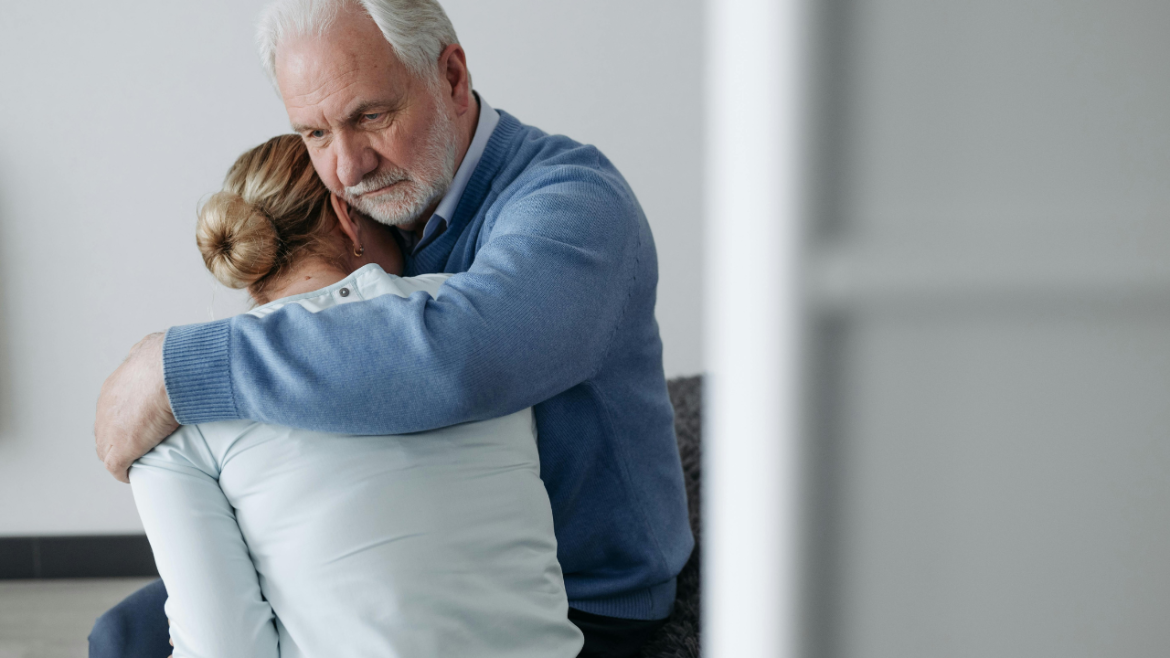Did you know that Leading Edge Senior Care has a Dementia Support Group? We meet monthly in Mesa. For more details <click here>
Can Seniors Rehab From A Stroke?
Strokes can be devastating, particularly for seniors, who may already be dealing with other health challenges. However, the journey to recovery is not just possible but can be incredibly transformative. Understanding the rehabilitation process and its impact on seniors can provide hope and a clear path forward for both stroke survivors and their caregivers.
The Immediate Aftermath of a Stroke
When a stroke occurs, it disrupts the blood flow to the brain, causing damage that can affect movement, speech, and cognition. For seniors, the aftermath can be particularly challenging, as they might already have compromised health. The first crucial step in stroke recovery is medical stabilization, where doctors address any immediate life-threatening issues. This phase often takes place in a hospital setting and is followed by a transition to a rehabilitation facility or home-based rehab.
The Role of Rehabilitation
Rehabilitation is essential for stroke recovery. It involves a combination of physical, occupational, and speech therapies tailored to the individual’s needs. Physical therapy focuses on regaining strength and mobility, occupational therapy helps with daily activities, and speech therapy addresses communication and swallowing difficulties. For seniors, the goal of rehab is not only to recover lost abilities but also to achieve the highest possible level of independence and quality of life.
Personalized Rehabilitation Plans
Each senior’s rehabilitation journey is unique. Rehab plans are personalized based on the severity of the stroke, the specific areas of the brain affected, and the individual’s pre-stroke health and activity levels. These plans are dynamic, evolving as the senior progresses. Regular assessments help adjust the therapy to ensure it remains effective and aligned with the senior’s recovery goals. This personalized approach is crucial for maximizing the benefits of rehabilitation.
Emotional and Psychological Support
Recovering from a stroke is not just a physical challenge but an emotional one as well. Seniors may experience a range of emotions, including frustration, depression, and anxiety. Emotional and psychological support is a critical component of stroke rehabilitation. Therapists and counselors work with stroke survivors to address these feelings, helping them build resilience and maintain a positive outlook. Support groups, both in-person and online, can also provide valuable encouragement and a sense of community.
The Importance of Family Involvement
Family involvement in the rehabilitation process cannot be overstated. Family members provide essential emotional support and can assist with exercises and daily activities. They also play a critical role in creating a safe and supportive home environment. Educating family members about stroke recovery helps them understand the challenges and progress, fostering patience and effective assistance. This collaborative effort significantly enhances the senior’s rehabilitation experience.
Adapting the Home Environment
A stroke can change a senior’s ability to navigate their home safely. Adapting the home environment is a vital aspect of rehabilitation. Modifications may include installing grab bars in the bathroom, ensuring adequate lighting, removing tripping hazards, and rearranging furniture for easier mobility. These changes help create a safer, more accessible living space, reducing the risk of falls and other accidents. This adaptation supports the senior’s independence and confidence.
Ongoing Rehabilitation and Lifestyle Changes
Rehabilitation doesn’t end when formal therapy sessions conclude. Ongoing exercises and activities are crucial for maintaining progress and preventing further strokes. Seniors are encouraged to engage in regular physical activity, maintain a healthy diet, and manage other health conditions such as hypertension and diabetes. Lifestyle changes, including quitting smoking and reducing alcohol consumption, also play a significant role in stroke prevention and overall health.
Success Stories and Hope
Many seniors successfully rehab from a stroke, regaining significant levels of function and enjoying fulfilling lives. Stories of recovery can be incredibly inspiring, providing hope and motivation for others facing similar challenges. These success stories highlight the resilience and strength of stroke survivors and the importance of a comprehensive, supportive rehabilitation process.
Conclusion
In conclusion, seniors can indeed rehab from a stroke, achieving remarkable recovery with the right support and resources. Rehabilitation is a multifaceted process involving physical, emotional, and lifestyle components. Personalized rehab plans, family involvement, and ongoing support are key to maximizing recovery and improving quality of life. While the journey may be challenging, the potential for recovery and renewed independence offers hope and inspiration for seniors and their loved ones.

